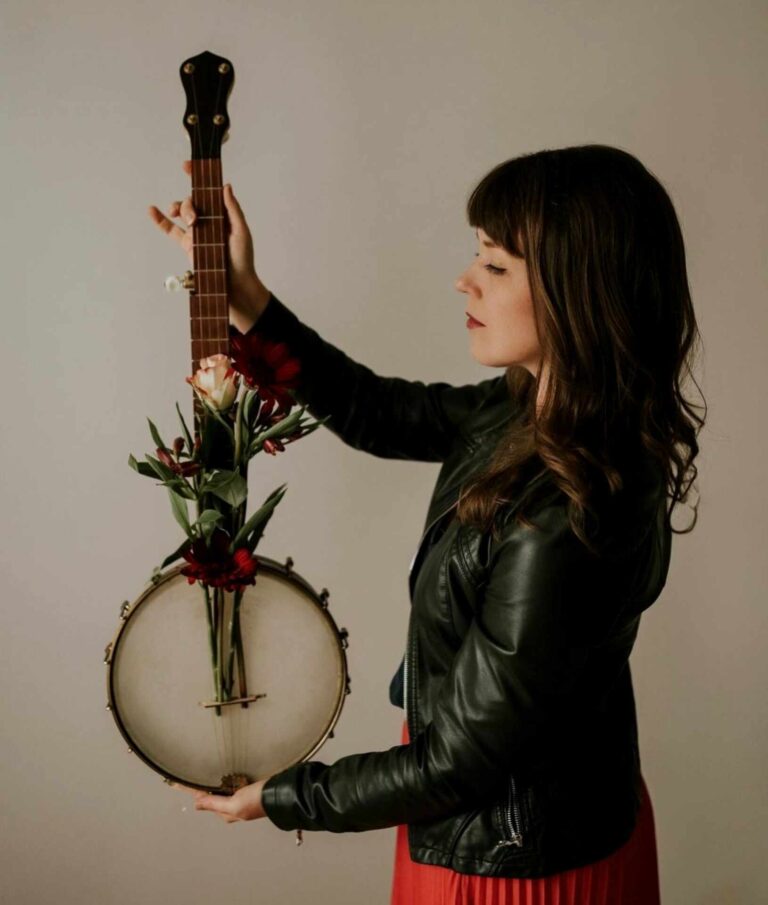In this series (Why Improvisation?), I am interested in the *feeling* of improvisation as an everyday activity, experienced by those doing it. My interviewees are not necessarily motivated by career ambition. Many are committed to, or simply have to, economically sustain themselves through other means, and are often explicitly critical of the effects of economic and institutional pressures on expressive activity.
These interviews are recorded on my phone, with very minimal editing for clarity. They take place mostly in and around the Open Improvisation Lab, and other creative music series I help curate in Pittsburgh with Pittsburgh Sound Preserve. Open Improvisation Lab is a free jazz / free improvisation jam session open to anyone to participate in, regardless of skill level, medium/instrument, or artistic background.
I ask interviewees to briefly (~ 3-7 min) answer the following questions:
Why Improvisation?
Why is it a part of your practice?
What does it mean to you?
How does it make you feel?
Why Improvisation [002] w/ Hannah Standiford
Hannah Standiford is a Pittsburgh based human who researches and performs Indonesian Krongcong music, as well as Appalachian folk and country musics.
IG: @howlingmob
Website: music.pitt.edu/people/hannah-standiford
Hannah Standiford is a dear friend of mine. She was one of the first musicians I met in Pittsburgh after the vaccine came out and I started playing again. Another good musical pal, Mark Micchelli introduced us and we quickly bonded over a love for Appalachian old time music. Since meeting we’ve played a good bit of this music together around town. Hannah has been regularly attending Open Improvisation Lab (OIL), which I and the other folks of Pittsburgh Sound Preserve run at Bantha Tea Bar. I talked with Hannah after an OIL session. The next day she sent a voice memo with something that came up after sitting with the questions for a bit longer. It was around 10:30pm on a warm spring night, on Penn Ave. in Pittsburgh, May 20th, 2024:
eli namay
Okay, Hannah Standiford. Improvisation. Why do you do it? What does it mean to you? How does it make you feel?
Hannah Standiford
I’m gonna say my kind of overarching two answers.
The first is catharsis and the second is shedding habits. When I say catharsis most of the time you know, I play instruments, mostly like things with strings and frets.
But most of the time I find that I can get to the meat of the matter, what I can get to the heart of the thing most quickly with, is with my voice. So I love doing vocal improvisation. Just whatever I come in with, whatever kind of tension, even giddiness, even nervousness, even just excess jitters or, or grief or anything. Getting with a group of people and not having to talk about that, but just to sound about that, it’s just super cathartic for me and just like gets to the root of the thing.
And yeah, like doing it in a group. I also think it’s really important doing it by myself—also feels good like doing vocal improv by myself, but doing it in a group feels, you know, it’s almost like the support of the group. Talking to good friends about what’s going on, but you don’t have to use words.
All right, and then I said breaking habits. Because, you know, everybody [participating] in this group [Open Improvisation Lab] comes from all kinds of backgrounds which I love. I have a classical background, which, like, you know, I went to school for performance, and then, like, you have drilled into [you], like, how much you’re supposed to be practicing; the way that you’re supposed to be practicing.
And it’s just, I literally think that you get those formations stuck in your body. And, that if you’re not, if you’re not doing something kind of to actively release those, or to at least soften those they don’t just stay there. They callous over, and they get stronger.
And so, I think yeah, going to a space where all of that training, all of those rules can just be shed and put aside. Like, literally part of the habit that I’m talking about is like a habit of tension. And so like, this is more so for me when I’m playing an instrument, there’s a literal, like, habit in my body, and it’s in my right shoulder for me specifically.
So like, yeah, playing things with strings and frets, and breaking out of that, of like, not having this whole psychological put-on every time I’m sitting down to play or to make sounds. It’s really useful for me.
eli namay
So sick.
Hannah Standiford: 2024-05-21 (sent via signal voice memo)
You know what else I wish I’d said last night about breaking habits, there’s also this potential —which I think happens a lot—of breaking habits with the way that you interact with people. Right? So like when we’re running into each other in, I don’t know, everyday life, there’s the kind of habits that you go through of like, “Oh, hi, how are you? How are things?”
So to have an interaction with a group of people that has nothing to do with that, I think, just really hits the reset button about how we can be together.


